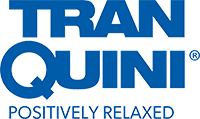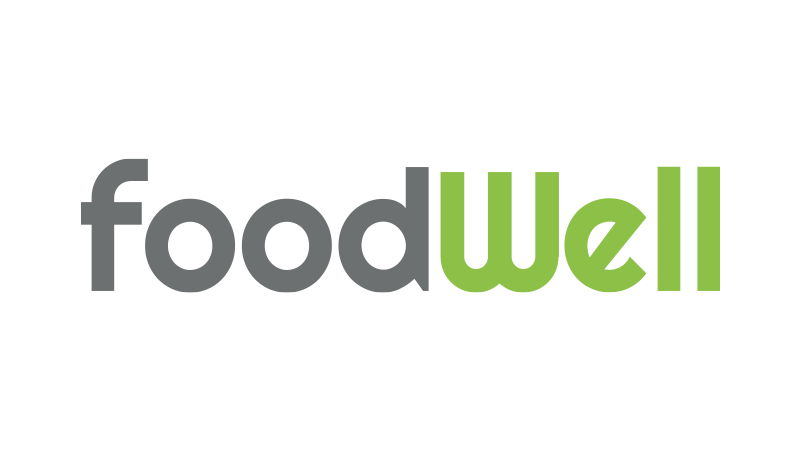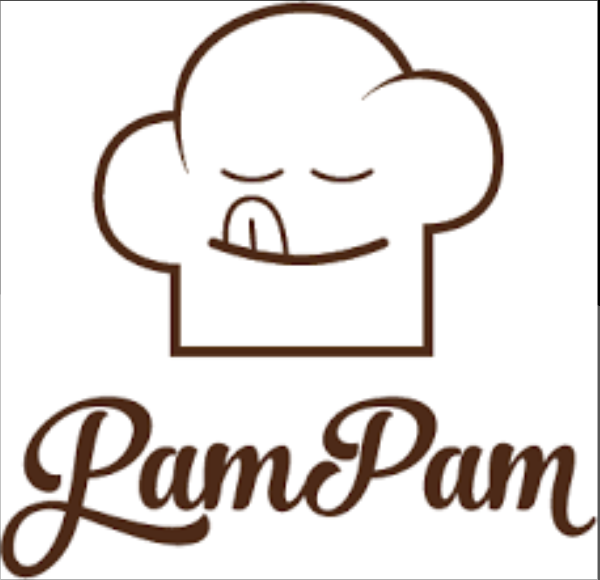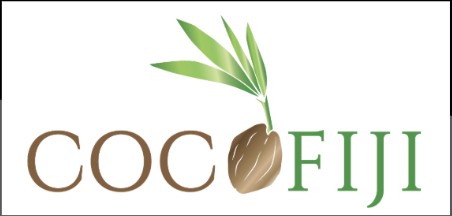Like any other country, Japan has rules and procedures restricting the entry of foreign food and drink products into its territory. Legitimate safety requirements, regulatory protectionism, custom duties - all stand as serious market entry barriers potential importers need to overcome.
Getting to grips with foreign legislation can be particularly daunting. But importers have a duty to familiarize themselves with Japan’s food import regulations. They are responsible for accurately declaring their imported products and must ensure they are in compliance with current applicable regulations.
The balance between safety, trade, and protectionism
Despite existing international trade treaties, the strict enforcement of Japan’s food import regulations shouldn’t come as a surprise. Under the Food Sanitation Law of 1947, the Ministry of Health, Labour and Welfare (MHLW) has a duty to ensure consumers' safety and quality. Japan’s safety standards set the bar high. Under the ministry’s supervision, local authorities monitor imported food to verify that safety measures up to Japan’s standards are taken at the time of domestic distribution and in the exporting country, and during the importation process.
Import regulations are also commonly used to balance the need for international trade cooperation and the promotion of domestic production, and Japan is no exception. However, due to the country’s low food self-sufficiency rate, which dropped to 37% in 2018, Japan heavily relies on imported food products to keep its population fed. Consumers’ diversifying diets and bad production years open the doors to great opportunities for foreign entrants. Dependent on food import and showing a growing appetite for high-quality products, Japan's retail sector for food and beverages, one of the largest in Asia ($424 billion in sales for the year 2019), attracts exporters from all over the world.
What is the Japanese legislative framework regulating food importations?
Despite being a member of the World Trade Organization and the existence of bilateral trade treaties with other countries, Japan’s sanitary and phytosanitary standards, among the highest in the world, are one reason the country’s import regime creates a barrier to market entry for foreign food and beverage products. These standards, aimed at protecting human, animal, or plant life or health, are in some aspect stricter than those required by international agreements.
So before even taking a closer look at the importation procedure technicalities, foreign operators need to identify the key barriers to entry derived from Japan’s food import regulations. They must do due diligence before importing their products.
Japanese legislative framework regulating food imports is based on the following laws: the Food Safety Basic Law, the Food Sanitation Law, the Health Promotion Law, the Japan Agricultural Standards Law, the Plant Protection Law, Domestic Animal Infectious Diseases Control Law, the Food Labeling Law, and finally, the Foreign Exchange and Foreign Trade Law.
Because applicable regulations differ by product classification, importers should ensure they identify their products correctly according to Japan’s food and drink product classification, particularly whenever fresh or raw. It is also essential that they understand how critical product quality is to the Japanese food and beverage industry and consumers’ minds.

Do Japan’s food import regulations impose an import license?
Despite Japan’s strict control over importations, anyone can import food and drink to Japan. As long as importers dutifully follow the requirements and have all the commercial, health, etc. documentation in order, they do not need to hold an import license.
The sole exception is import liquor or products classified as alcoholic beverages for retail or wholesale, for example, cider or wine. In that case, potential importers must, in principle, obtain a liquor import license before the entry of their product into Japan’s market. The alcohol import license is rather difficult to obtain due to stringent requirements set by the Alcohol Tax Lax. On top of heavy paperwork, importers are under the obligation to have a subsidiary company in Japan.
If your company is just starting out with alcohol beverage imports or wants to increase market share on the retail market for alcoholic beverages in Japan, reach out for GourmetPro’s consulting services.
What are the key steps to import food to Japan?
The procedure to import food to Japan boils down to three major steps: the import notification submission, the inspection process, and finally, the obtention of a certificate of notification. Imported products will then proceed ahead to custom clearance and distribution.
Despite the Japanese authorities' tremendous efforts on improving process transparency, Japan’s import regime is still hard to grasp today. To smooth out import processes, they’ve set up a prior consultation system in place.
Prior consultation with the relevant quarantine station
Inquiring Japanese authorities before importation isn’t mandatory. But we strongly encourage potential importers to go through the prior consultation with the quarantine station of the intended port of entry before starting the importation process.
The MHLW provides the list of all the Japanese quarantine stations and their contact information here. On top of ensuring a transparent process, the prior consultation can facilitate and speed up the product importation procedure. It is an essential step for products new to the Japanese market. The Japanese inspectors will spend a great deal of time asking detailed ingredient lists, precise explanations about the manufacturing processes, flow charts, and various certifications. New foreign products often fail to meet Japan’s high-quality standards without the help of local experts.
GourmetPro’s consultants smooth out the communication with Japanese inspectors ahead of time, especially when product sampling and testing are required before import. Well-versed in Japan’s import regulations, our experts will help you navigate this process, letting you focus on the work that matters.
After the prior consultation, importers know precisely the required documents they need to submit before the shipment and upon the arrival of their cargo.
Step one: import notification of food products to Japan
Based on the Food Sanitation Law, any person intending to import food to Japan must submit an import notification to the quarantine station at the intended port of entry before entering the Japanese market.
Import notification form
This form, available for printing here, provides various information on the imported product, from the manufacturer’s details to ingredients, additives, and other relevant remarks. Importers can fill it out in either English or Japanese. They can submit a hard copy by post or in person at the quarantine station. The MHLW has set up an online system, the Food Automated Import Notification and Inspection Network System ( FAINS). However, the platform requires prior registration with the ministry.
The import notification form can be submitted a maximum of 7-days before the products arrive at the port of entry and, more importantly, before the products clear customs. Importers can find more details on the procedure to import food to Japan with the MHLW’s English guidance.
Which supporting documents are required to import food to Japan?
Along with the import notification, importers must provide a Certificate of Analysis from an accredited laboratory in the exporting country. This certificate is needed to go through customs clearance and access the market for all food and beverage products. The Japan Customs website gives more information about this certificate here.
Additionally, other supporting documents regarding the product’s materials, ingredients, and manufacturing processes may be required depending on the product classification. The authorities often ask for extensive details for processed or packaged food products imported to Japan for the first time.
Example of supporting documents:
- Health certification for animal products
- A certificate indicating the food manufacturer is in compliance with the principles of hazard analysis and critical control points (HACCP) in the product’s country of origin
- Manufacturer identifying documentation
- Importer identifying documentation
- Additive lists, ratio, and purpose
- Etc.
The import notification form may seem simple at first glance. However, the lack of guidance regarding document formatting and specific vocabulary is a major difficulty for importers new to the market. The risk is to submit documentation that does not exactly match the quarantine station’s requirements.
Our local experts save you time thanks to their experience and knowledge of the import notification form submission process and ensure the paperwork matches the Japanese administration’s expectations.
To know more about quarantine station administration:
Ministry of Health, Labour and Welfare (MHLW)
http://www.mhlw.go.jp/english/index.html
Step two: quarantine and cargo inspection
Whether the cargo arrives by ship or by air, it’ll be transported into a designated bonded area. The importer has to submit the import notification to the appropriate quarantine station. If required, they must also file an application for inspection at a plant protection station or at an animal quarantine service.
When do Japan’s food import regulations require quarantine?
When importing agricultural or livestock products, importers should go through prior consultation with the Animal Quarantine Service or the Plant Protection Station. Both are under the Ministry of Agriculture, Forestry and Fisheries’ authority. Quarantine and inspection will be required.
In most cases, under the Plant Protection Law and the Domestic Animal Infectious Diseases Control Law, a cargo quarantine and in-depth inspection are mandatory. The applicable procedure derives from the product classification, notably if the product is fresh or raw, from the processing methods.

A cargo inspection isn’t always required. But the quarantine station inspectors may conduct an inspection based on the import notification and product classification.
What is the purpose of the inspection?
Japanese inspectors verify that the imported products are compliant with Japan’s food import regulations:
- Does the product meet domestic manufacturing standards?
- Are the ingredients and additives permitted? Are they compliant with local regulations?
- Does the manufacturer, exporter, or importer have a history of failing to meet food safety requirements?
They take a close look at the accompanying documentation, investigate manufacturing processes, ingredients, materials, and additives. They can go as far as testing the imported product in laboratories.
How does the inspection take place?
The quarantine station can conduct two types of inspections: a monitoring inspection or an ordered inspection.
The first one consists of a product sampling and monitoring test at the quarantine station to determine the presence or not of pathogens and hazardous substances. If the test fails, the exporter/importer can try to remediate the detected issues until the product is finally compliant with Japan’s SPS.
The second type of inspection, more serious, is an administrative assessment of the product whenever a cargo is suspected of violating Japanese laws. While the procedure is pending, the products cannot enter Japan’s market. Costs associated with sampling and testing are supported by the importers. In case of a rejection, the cargo is denied entry, returned to the exporter, or disposed of.
Step three: obtaining the certificate of notification
After checking the accompanying documentation and clearing the cargo, the quarantine station will issue a certificate of notification to the importer. The imported products are ready to go through customs clearance and enter Japan’s food and beverage market.

From customs clearance to market entry
Japan’s food import regulations also encompass Japanese customs and labeling requirements before market entry.
Which customs duties are imported food and drink subjected to?
Japan tariffs on food imports vary based on the product category and the possible trade agreements or WTO conventions in force with the country of origin. The customs website provides more information on the various existing rates - general, temporary, preferential, etc., as well as the tariff schedule.
Custom clearance is notably difficult in Japan. It requires a bit of work in terms of data handling, paperwork, and paying the applicable rate at the time of import. Instead of handling this time-consuming step by yourself, you can outsource the work to experts such as GourmetPro.
Relevant Japanese agency for duties assessment and collection:
Japan Customs
http://www.customs.go.jp/english/
Relevant Japanese agency regarding Customs and Tariffs administration:
Ministry of Finance (MOF)
http://www.mof.go.jp/english
What are the labeling regulations applicable to food imports to Japan?
Japan’s food labeling legislation is highly complex with overlapping regulations, and the rules are also subject to change. Foreign operators wishing to import food to Japan should seek the help of local experts who can help them better navigate the industry standards.
Generally speaking, labels of food products sold in Japan must be written in Japanese language. The basic standards require to indicate the product name, ingredients, allergens, additive, net-content, used-by or best-before date, storage method, country of origin, and the information relative to the importing company. As of 2020, nutrition facts are also mandatory.

Food and beverage labeling requirements:
Consumer Affairs Agency (CAA)
http://www.caa.go.jp/en/
Organic food and beverage labeling requirements
Ministry of Agriculture, Forestry, and Fisheries (MAFF)
http://www.maff.go.jp/e/index.html
Do you need to know Japan’s food import regulations applicable to your product? Let GourmetPro’s experts handle the hard work, so you can focus on the essential!
On paper, everyone can import food and beverage products to Japan. Except for alcoholic beverages, there’s no particular need for an import license. The general understanding of Japanese regulations and steps from the import notification to the inspection leading to the deliverance of the notification certificate will help importers have an idea of the overall process.
But importing is an activity that requires a great deal of attention to detail and technical knowledge of the country’s regulations and practices. Only experience and local expertise can help overcome some of the obstacles specific to Japan's market entry. The devil is in the details, and Japanese society particularly meticulous. And so are the Japanese authorities that’ll have in their power to authorize or not your products to enter the Japanese market.
GourmetPro’s consultants have the experience and knowledge of smoothly importing food to Japan, so you, the importer, don’t have to worry about all the details, regulations, and hassles and can focus on your business.


%206.png)
.svg)






.svg)



.svg)
.svg)
.svg)
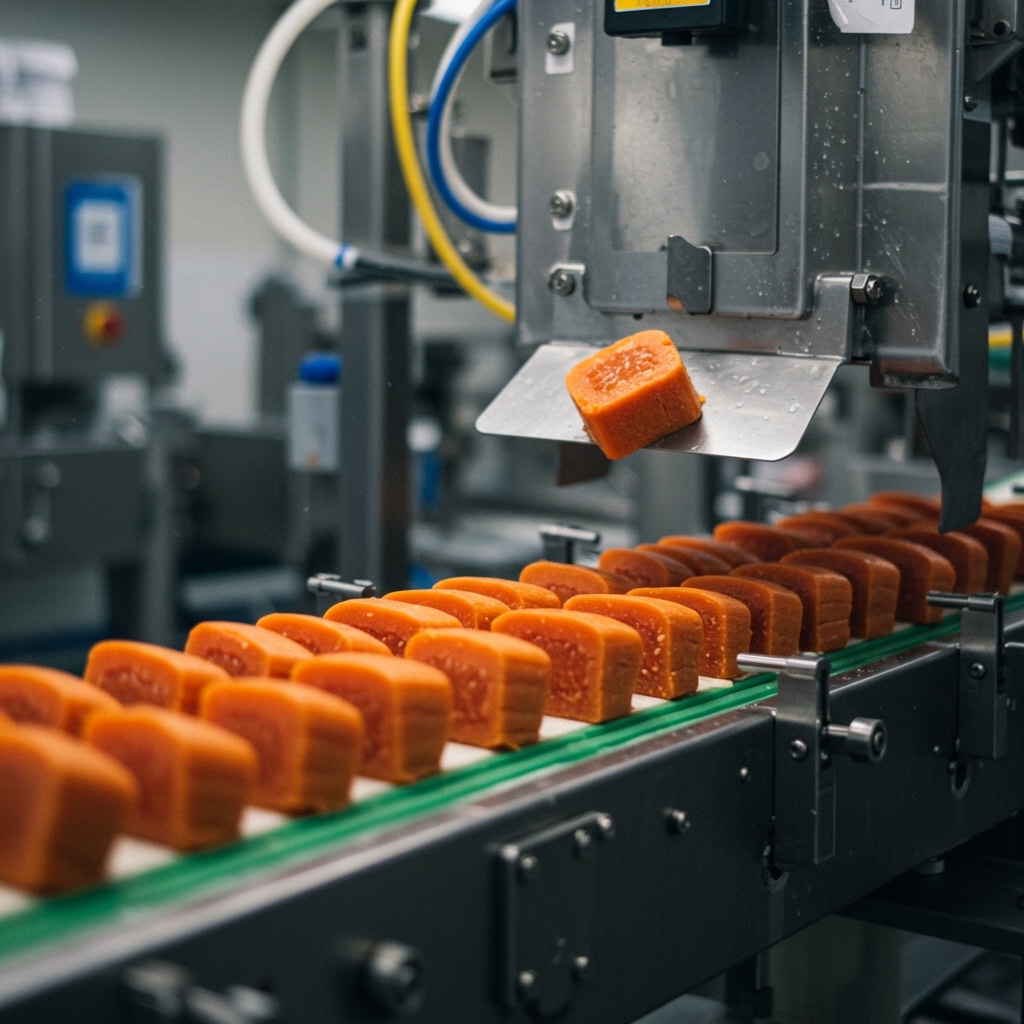
.svg)

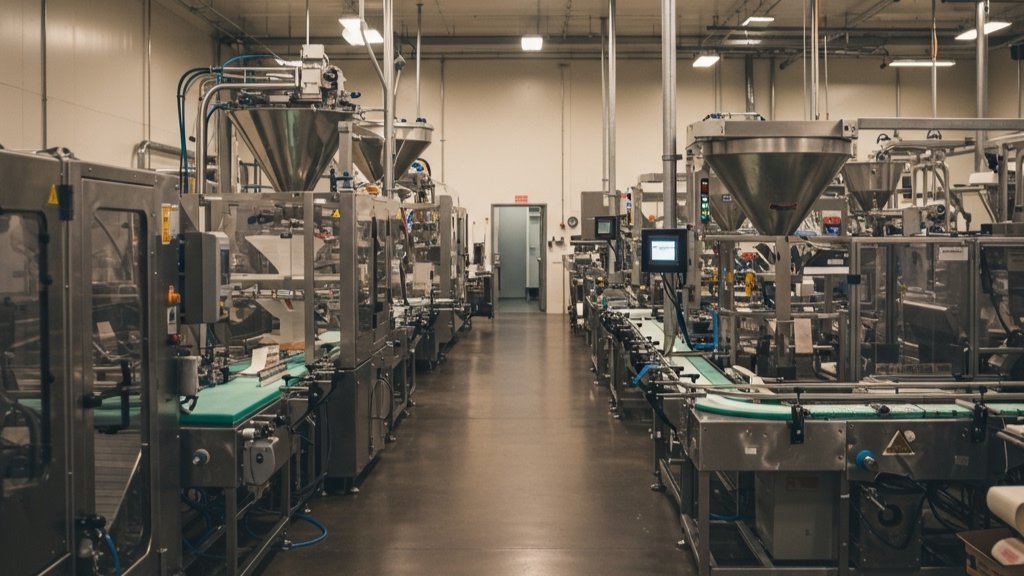

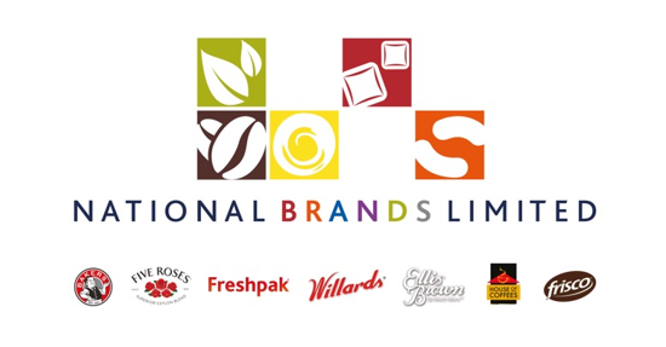
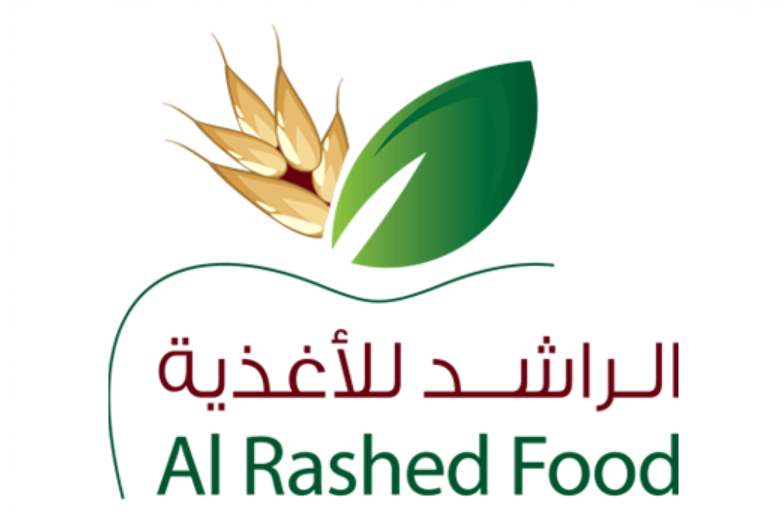











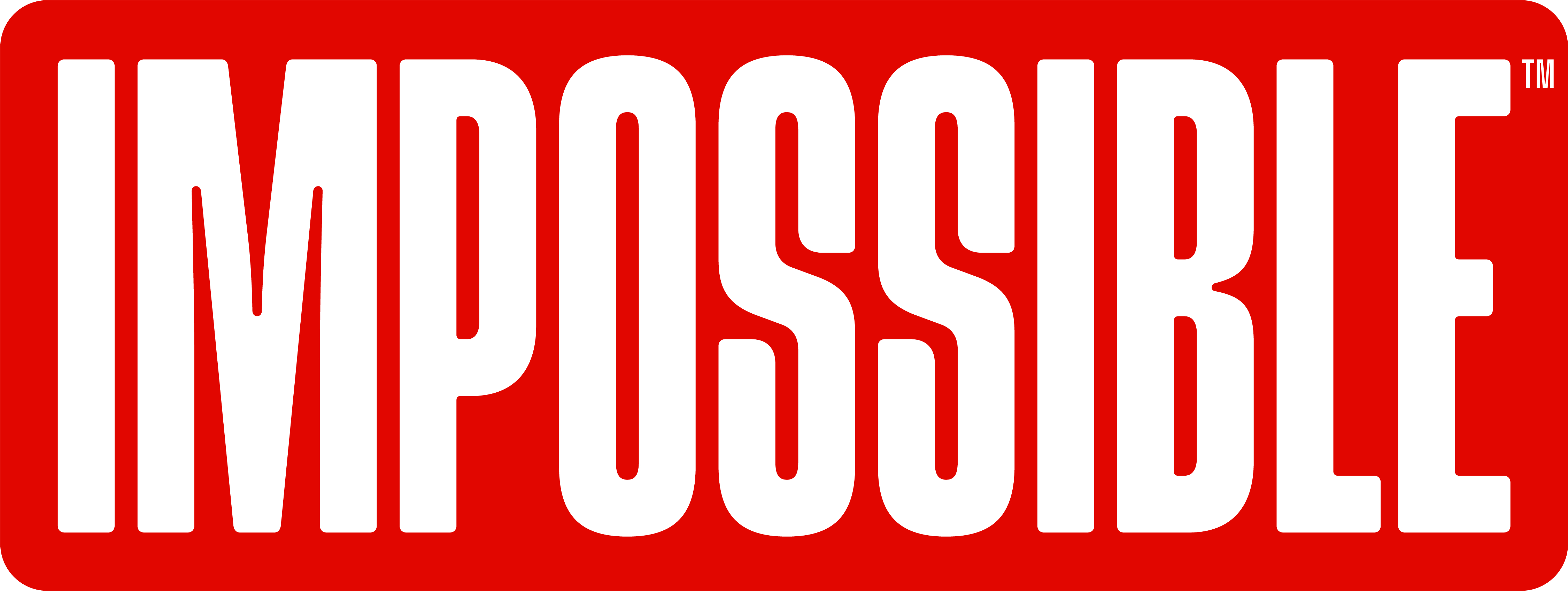

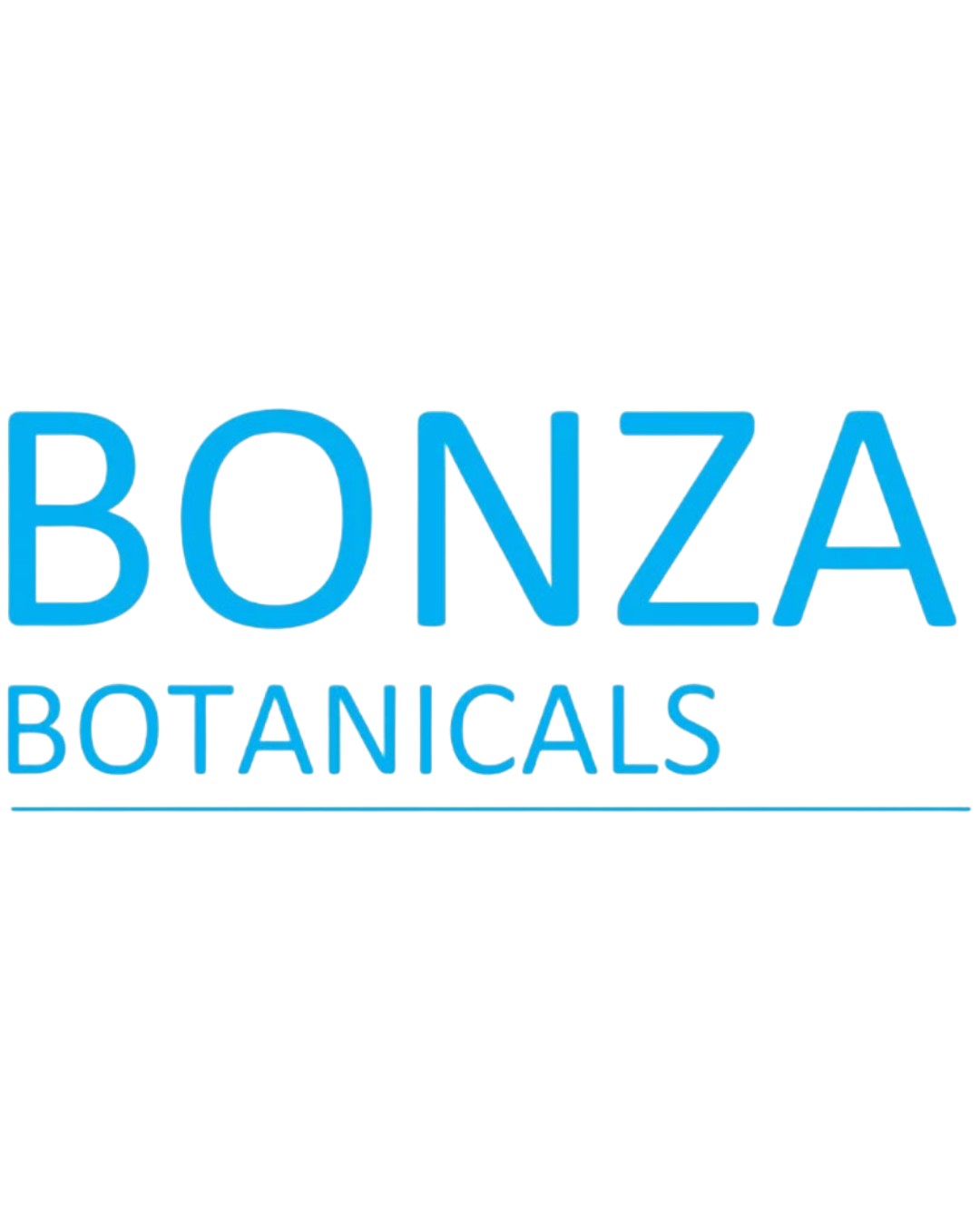






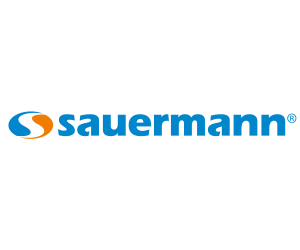
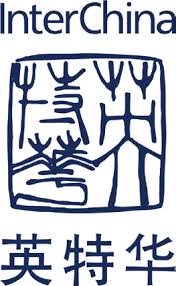



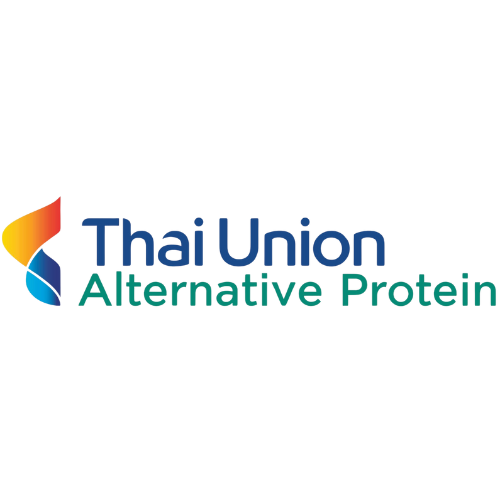

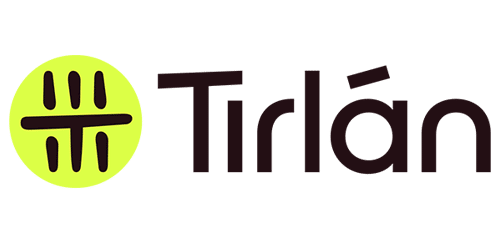
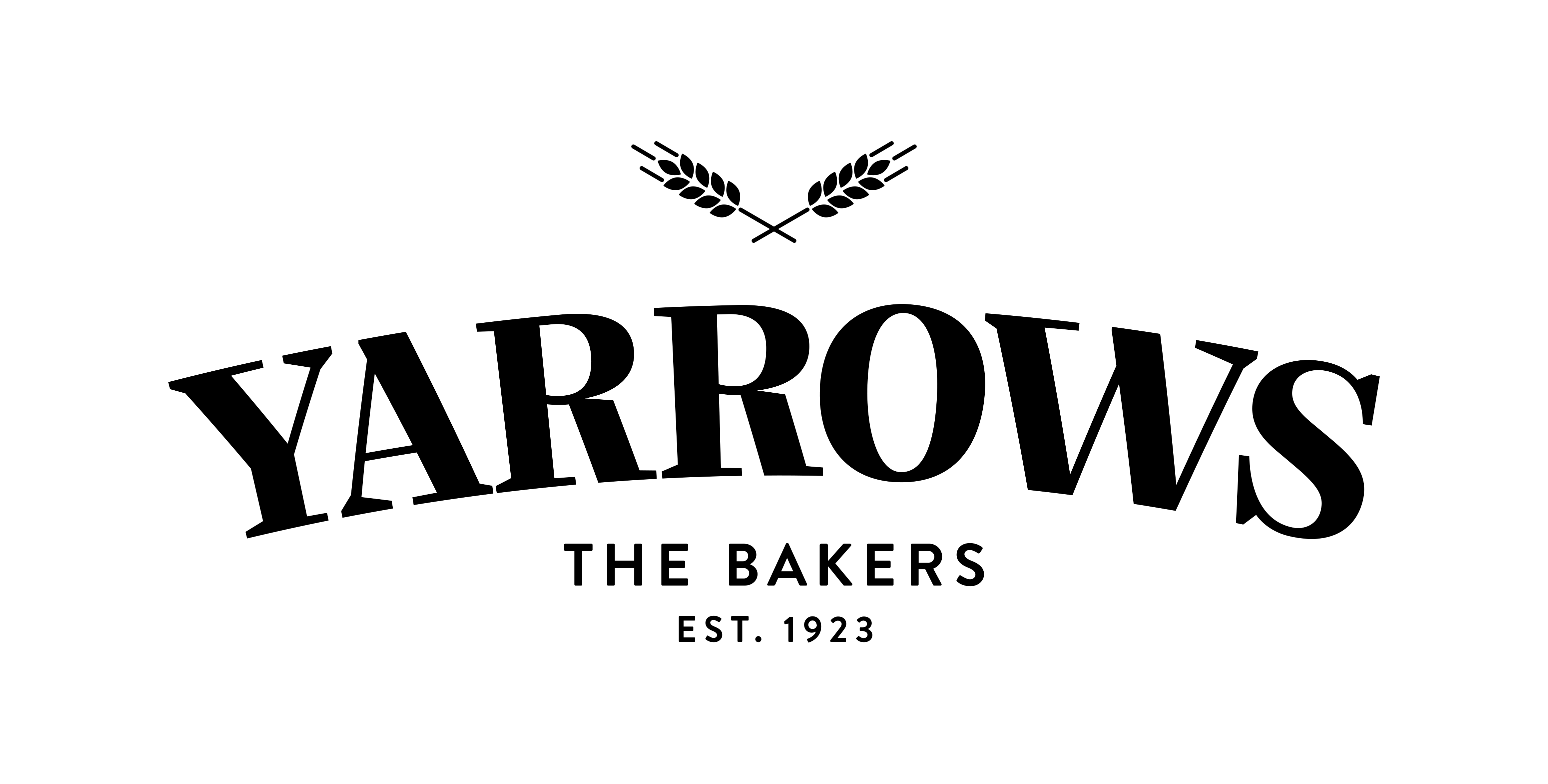





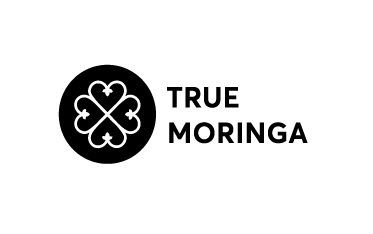
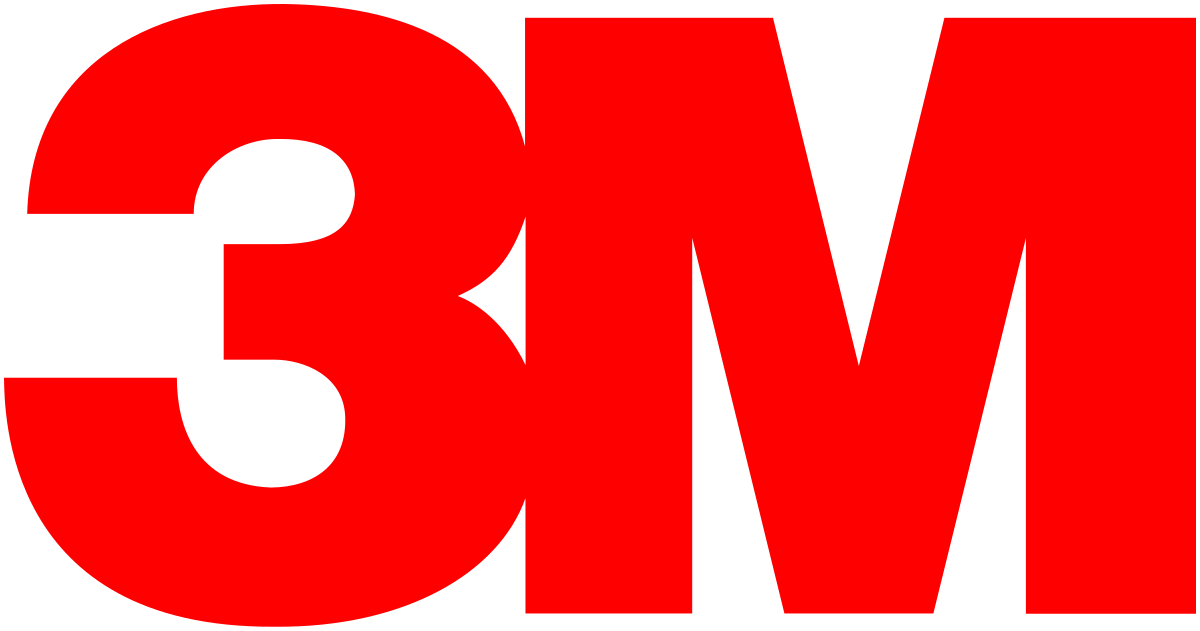









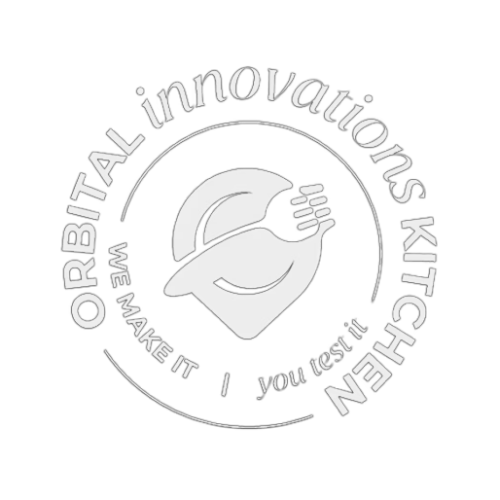
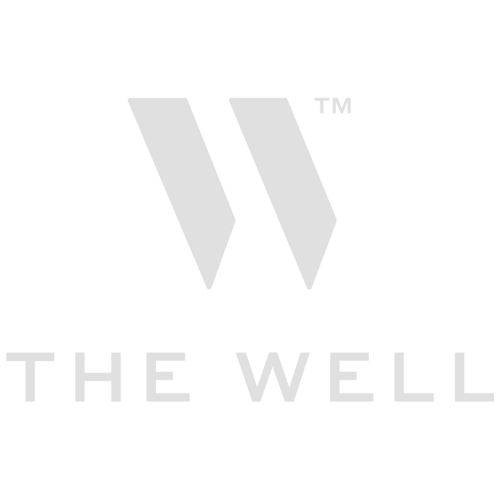

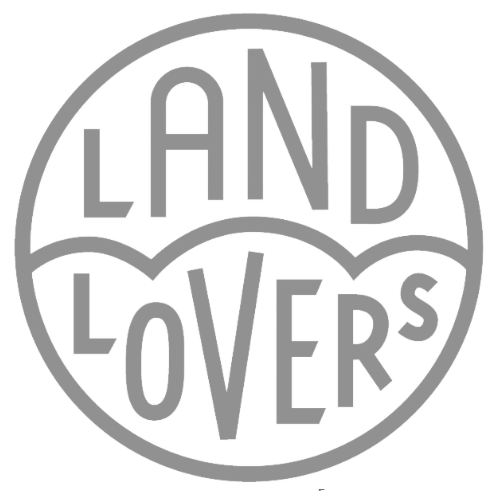


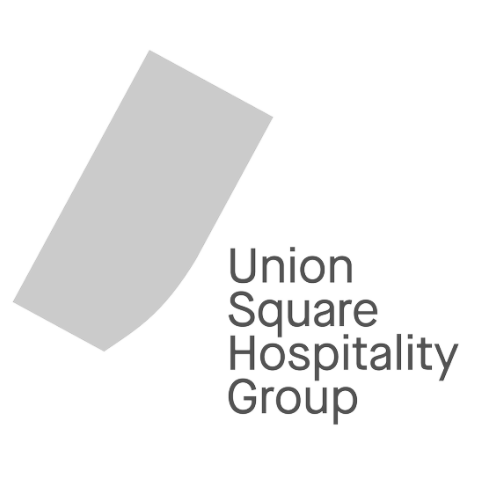

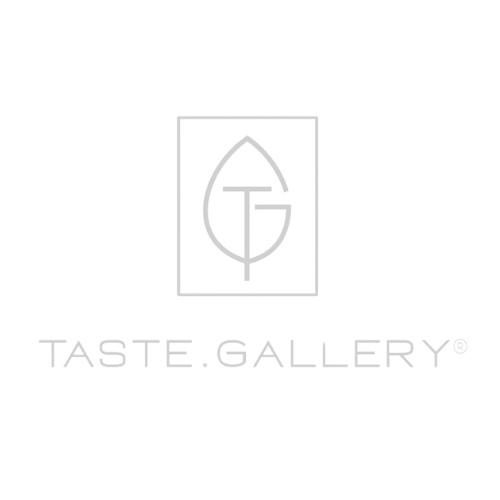

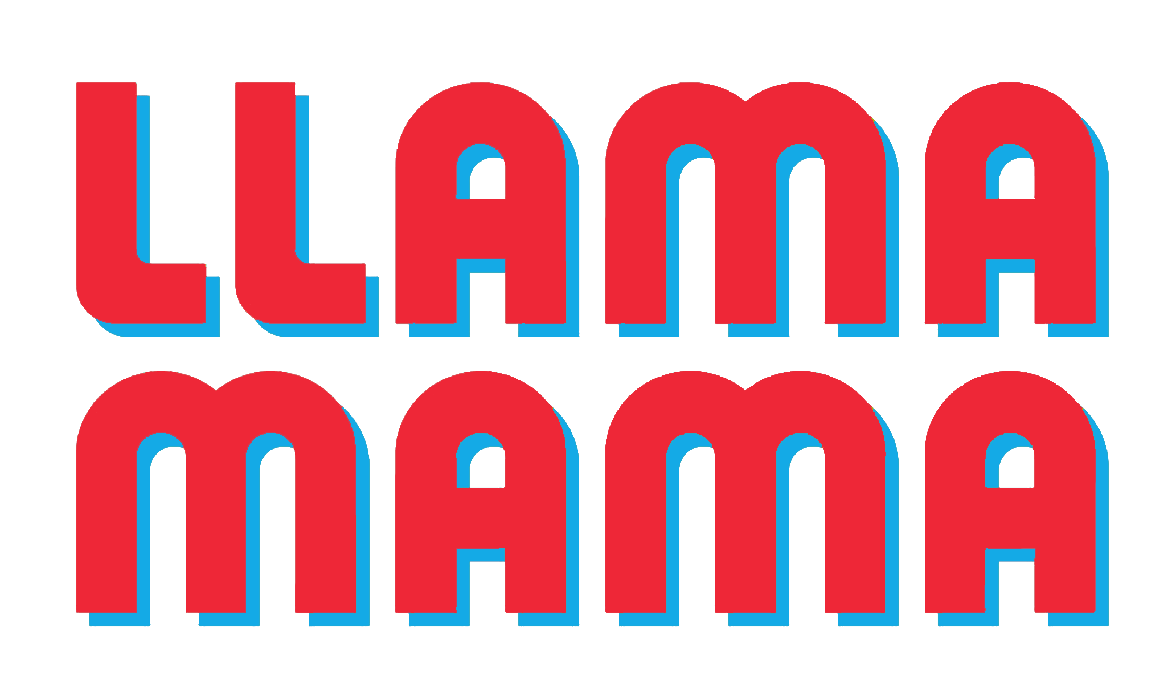






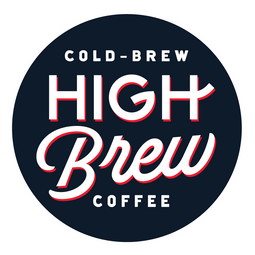

.png)






